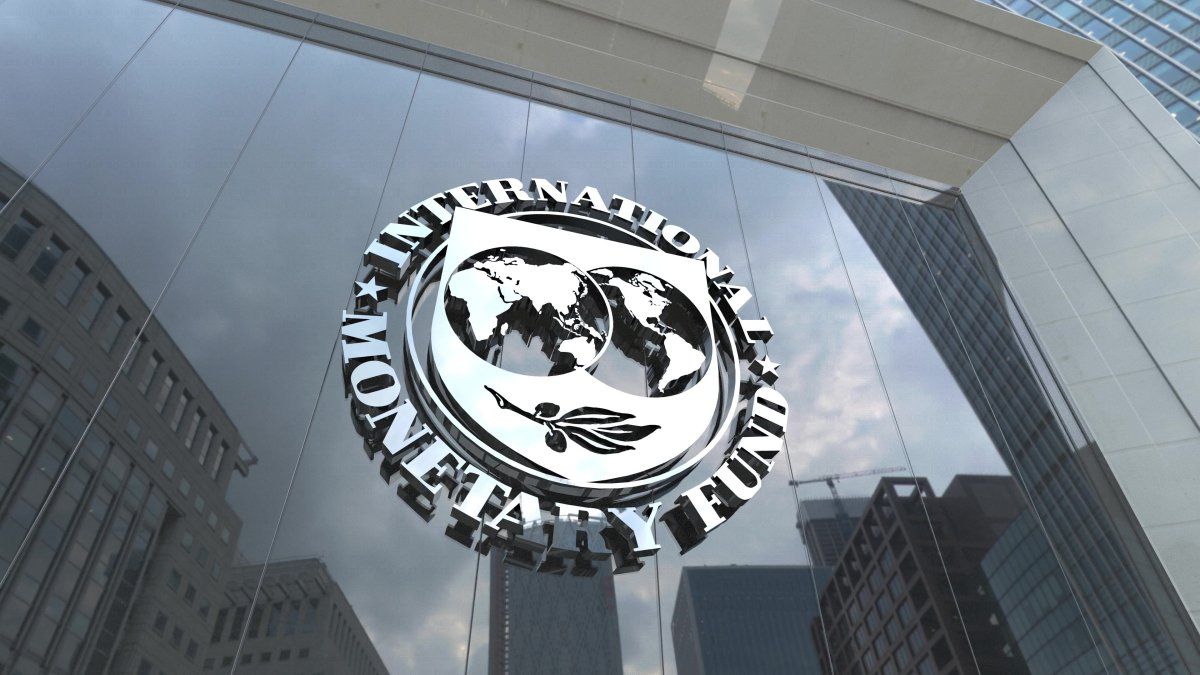Last year, the United States made almost 2.2 billion dollars in the trade of goods – exports more imports – with the countries that the president is pointing out: 840,000 million dollars with Mexico, 762,000 million dollars with Canada and 582,000 million dollars with China.
Next, there are only Some imported goods whose prices could be affected first:
1. Automotive production
For decades, automotive companies built supply chains that cross the borders of the United States, Mexico and Canada. More than one in five of the light cars and trucks sold in the United States were manufactured in Canada or Mexico, according to S&P Global Mobility. Last year, The United States imported light vehicles and trucks for a value of 79,000 million dollars from Mexico —Many more than any other country – and 31,000 million dollars from Canada. Another 81,000 million dollars in car pieces came from Mexico and 19,000 million dollars from Canada. The Ford trucks of the F series and the iconic Mustang sports, for example, come from Canada.
“You have engines and car seats and other things that cross the border multiple times before entering a finished vehicle,” said Scott Lincicome, a commercial analyst at the Cato Institute. “You have American pieces that go to Mexico to be put in vehicles that are then sent back to the United States.
China is also an important supplier of car parts for the United States – 18,000 million dollars last year.
S&P Global Mobility estimates that “importers are likely to transfer most, if not the totality, of this increase (costs) to consumers.” TD Economics notes that the average prices of cars in the United States could increase around 3,000 dollars – this at a time when the average price of a new car is already almost $ 49,000 and that of a US $ 25,000 car, according to Kelley Blue Book.
2. The diesel
Canada is, with much, the greatest foreign oil supplier for the United States. In 2024, Canada sent crude oil to the United States for a value of 98,000 million dollars, far ahead of Mexico, which took second place with $ 12,000 million.
For many US refineries, there are not many options. Canada produces “the type of crude oil that US refineries are prepared to process”, Lincicome indicated. “It is a heavier crude. All fracking and all the oil and gas that we produce here in the United States – or most – is a lighter crude than many US refineries do not process, particularly in the west. ”
On Canadian oil import tariffs, Lincicome said: “How is that going to be resolved? My assumption is that it will be resolved simply through higher prices in gasoline, particularly in the west. ”
Diesel
Canada is, with much, the largest foreign oil supplier for the United States.
Na
3. Computers, clothing and toys
China tariffs could affect a wide variety of consumer goods on which Americans depend. Cell phones, computers and other electronic devices were among the main imports of China last year, according to data from the Commerce Department.
The United States also imported more than 32,000 million dollars in “Toys, Games and Sports Articles” of China last year, show the data. And Americans import billions of dollars a year in China’s clothes. That includes more than 7.9 billion dollars in footwear last year, according to data from the Department of Commerce.
4. Alcoholic beverages
Tariffs could increase the price for those who raise a glass of tequila or Canadian whiskey. In 2023, the United States imported tequila for a value of 4.6 billion dollars and mezcal for 108 million dollars from Mexico, according to the United States Spirit Beverage Council, a commercial group. The United States imported Canadian spirits for a value of 537 million dollars, including 202.5 billion dollars in whiskey.
Canada and Mexico were also the seconds and third largest importers of American spirits in 2023, behind the European Union, said the Council.
He added that the United States already faces a potentially devastating tariff of 50% on its whiskey by the European Union, which will begin in March. Imposing tariffs on Mexico and Canada could generate even more retaliation actions in the industry.
Chris Swonger, president and CEO of the Council, said he appreciates the objective of protecting jobs in the United States. But Tequila and Canadian whiskey – like the Kentucky Bourbon – are designated as distinctive products that can only be made in their country of origin.
“At the end of the day, tariffs on spirits of our neighbors of the north and southern will harm US consumers and lead to jobs losses throughout the hospitality industry in the United States, just when these businesses continue their long recovery of the pandemic,” said Swonger.
5. Food
For US consumers who are still exasperated by high food prices, a commercial war with Canada, Mexico and China could be painful. In 2024, the United States bought more than 49,000 million dollars in agricultural products in Mexico – including 47% of imported vegetables and 40% of fruits. Agricultural imports of Canada amounted to 41,000 million dollars. A 25% tariff could increase prices.
“Liming stores operate with really small margins,” Lincicome said. “They cannot absorb tariffs … especially when you talk about things like avocados that basically 90% come from Mexico. You are talking about tariffs about guacamole. ”
American farmers are also nervous, since Canada and Mexico could respond with tariffs to American products such as soybeans and corn. That is what happened in Trump’s first administration. China and other objectives of Trump’s tariffs responded by attacking the president’s supporters in rural areas. Soja exports and other agricultural products fell, so Trump spent billions of dollars from the money of US taxpayers to reimburse farmers for lost sales.
“President Trump fulfilled his word,” said Mark Mchargue, a farmer from Central City, Nebraska, who cultivates corn, soybeans, corn palomites and breeds pigs. “That certainly helped mitigate the impact.” But I would prefer to see the government press to open foreign markets to American agricultural exports. “We would prefer to obtain our money from the market,” said Mchargue, president of the Nebraska Agricultural Office. “It doesn’t feel good to receive a government check.”
Source: Ambito




